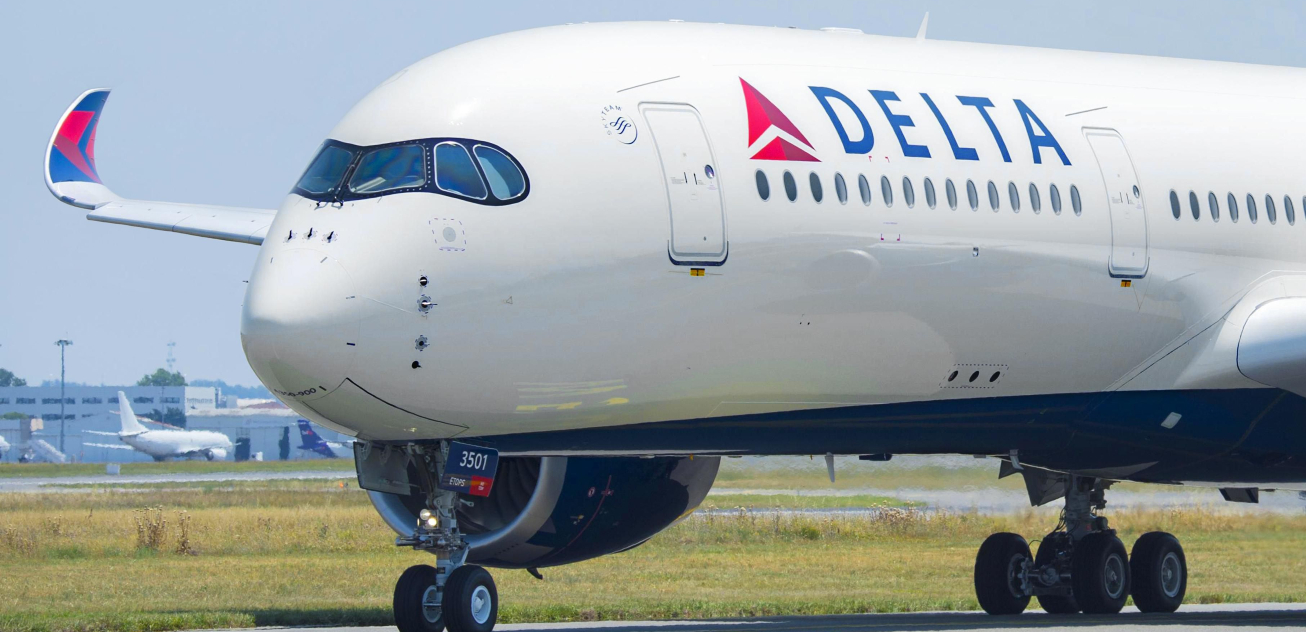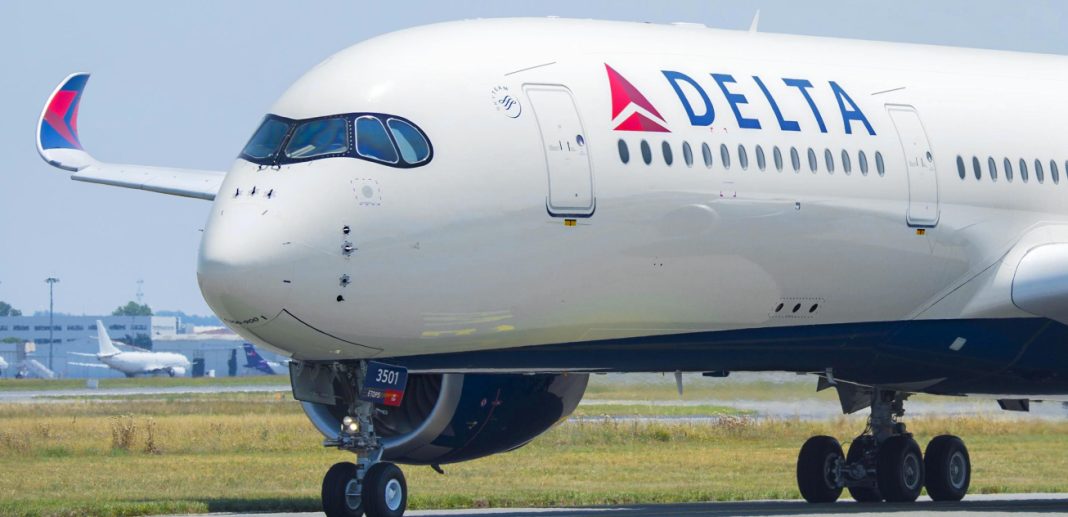 Delta Air Lines, one of the leading airlines in the United States, has recently announced its forecast for the third quarter. Despite a booming summer travel demand, the airline’s forecast fell short of analysts’ estimates. As a result, shares of Delta fell about 8% in premarket trading, and other U.S. airlines also experienced a decline in their stock prices.
Delta Air Lines, one of the leading airlines in the United States, has recently announced its forecast for the third quarter. Despite a booming summer travel demand, the airline’s forecast fell short of analysts’ estimates. As a result, shares of Delta fell about 8% in premarket trading, and other U.S. airlines also experienced a decline in their stock prices.
The airline industry is currently facing a challenging time with rising costs and increased capacity, which is putting pressure on fares. Delta expects to grow its flying capacity by 5% to 6% in the third quarter, a slower pace compared to the 8% expansion in the second quarter. This slower growth rate is due to carriers discounting fares after expanding flights.
In terms of financial performance, Delta’s adjusted earnings per share for the three months ended June 30 were $2.36, in line with analysts’ expectations. However, its adjusted revenue of $15.4 billion fell short of Wall Street estimates. Net income also dropped almost 30% from a year ago to $1.31 billion, with operating expenses up 10% from last year.
Despite these challenges, Delta’s CEO Ed Bastian remains optimistic about the company’s performance. He highlighted that the second quarter was a strong one and emphasized the impact of lower fare discounting in the domestic marketplace. Bastian also mentioned that lower industry capacity in the U.S. towards the end of the summer will align better with demand.
Delta has seen strong revenue from international travel since the pandemic waned, although increased competition due to expanded schedules has put pressure on unit revenue for trans-Atlantic flights. The airline expects a 1-percentage point hit from the summer Olympics in Paris, which translates to approximately $100 million from June through August. However, Delta’s partnership with Air France gives it an advantage over rivals in terms of capacity to the French capital.
Looking ahead, Delta expects to break more revenue records in the current quarter. It anticipates sales to rise by as much as 4% and adjusted earnings per share of $1.70 to $2, falling short of analysts’ expectations. However, Delta remains a standout in the industry, being the most profitable among U.S. carriers. Rival United Airlines is trying to catch up to Delta and both airlines have been focused on adding more premium seats.
In the second quarter, Delta experienced growth in premium tickets, with revenue from first-class tickets increasing by 10% to $5.6 billion. Revenue from coach tickets also rose slightly to about $6.7 billion. Additionally, Delta’s lucrative American Express credit card deal brought in $1.9 billion, representing a 9% increase from last year.
Bastian emphasized that Delta is “fairly well insulated” from industry overcapacity due to its revenue diversification. The airline relies heavily on revenue from premium seats and other sources, rather than standard coach tickets. This strategy has helped Delta maintain its position as the most profitable airline in the U.S.
Despite the slightly lower-than-expected outlook for the third quarter, Delta reiterated its full-year earnings forecast of $6 to $7 a share. The airline also expects to generate free cash flow of up to $4 billion, indicating confidence in its ability to navigate the challenges ahead.
In conclusion, while Delta Air Lines may have fallen short of analysts’ estimates for the third quarter, it remains a strong player in the airline industry. With its focus on revenue diversification and addition of premium seats, Delta has managed to maintain profitability even during challenging times. As travel demand continues to recover, Delta’s strategic positioning and commitment to customer satisfaction will likely contribute to its long-term success.


